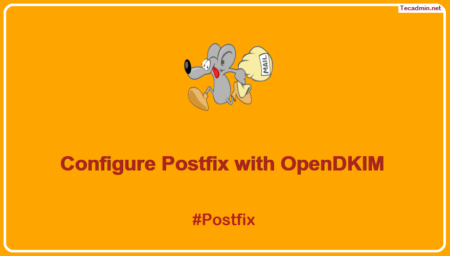Erlang is a programming language used to build massively scalable soft real-time systems with requirements on high availability. Erlang runtime system has built-in support for concurrency, distribution and fault tolerance. This tutorial will help you to install Erlang on Debian 10 (Buster), Debian 9 (Stretch) and Debian 8 (Jessie).
Step 1 – Prerequsiteis
Before starting the installation process make sure you have root or sudo privileged user access to your Debian system. Now login to your system:
ssh root@debian
Upgrade the current packages to the latest version.
sudo apt update sudo apt upgrade
Step 2 – Enable Erlang Repository
Use the following commands to add Erlang apt repository on your system, Which is required to install Erlang on a Debian VPS. Simply download erlang repository package from its official website and install on your system.
wget https://packages.erlang-solutions.com/erlang-solutions_1.0_all.deb sudo dpkg -i erlang-solutions_1.0_all.deb
Step 3 – Install Erlang on Debian
Now, you can install erlang package on your system using the following command. This will install all of its dependencies as well.
sudo apt-get update sudo apt-get install erlang
Step 4 – Hello World Example
This is a simple hello world program written in Erlang. Create a file helloworld.erl with following content.
vi helloworld.erl
add the following contnet.
% hello world program
-module(helloworld).
-export([start/0]).
start() ->
io:fwrite("Hello World!\n").
Now compile the hello world program using below command.
erlc helloworld.erl
The above command will create a file helloworld.beam in the current directory. You can run your program now.
erl -noshell -s helloworld start -s init stop Hello World!
Reference:
https://packages.erlang-solutions.com/erlang/

